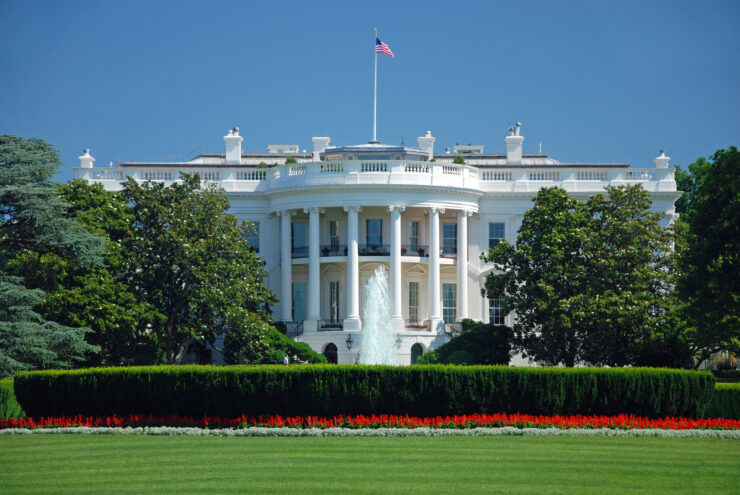A version of this article first appeared in Smerconish on April 28th, 2023
Now that President Biden officially declared his run for a second term, what are we to make of the countless warnings about his age? Clearly, voters have already considered age a major factor – Google Search results for ‘Biden age’ hit an all-time-high just before the 2020 election – and speculation has only heightened four years on. Unfortunately, these concerns are misguided and even dangerous because they conflate age with poor health and confuse ideas about work and retirement.
While age is undoubtedly a risk factor, dismissing poor health symptoms as signs of ‘being old’ impedes early detection, prevention, and better and more effective treatment. Assuming shortness of breath is because of age instead of a warning of heart failure or heart valve disease hurts people and costs unnecessary billions. A fall leading to bone fractures is because of osteoporosis and not older age. Signs of senility are not simply getting old, but perhaps signs that one might have Alzheimer’s. All of these ailments can be managed better, less painfully, and at a lower cost if we only recognized them for what they were: opportunities for prevention and better, earlier treatment. The world’s most advanced and sophisticated digital health tools are useless if our attitudes go in the opposite direction. We must abandon outdated notions about age, or we risk worse health outcomes costing more.
Let’s get rid of the idea that our careers end by our early 60s. If nothing else, the fact that the two leading contenders for the White House would be 86 and 82 at the end of their terms shows what’s possible deep into our careers. In fact, the arbitrary retirement age was created by Otto von Bismarck more than 130 years ago. Our world has reached an unimaginable milestone since then – for the first time in the history of humanity, the prospect of growing old has become the norm. Coupled with stunningly low birth rates, we now have more old than young in every society. Simply put, 19th century arithmetic of who retires when will no longer be possible in the 21st century. Boldly reimagining work and retirement should also include how we think about our political, business, and community leaders. Isn’t it past time to change our ideas and attitudes on what constitutes old age in the workplace and the community?
Finally, recognize that a 21st century view of aging – growing old – can be a lens through which to realize economic growth and productivity advances for everyone. The global Silver Economy represents a $17 trillion market, with those aged 65+ estimated to spend $3 trillion annually in the U.S. by 2030. The right conversation about the role of an older person in today’s America will lead to positive transformations in ways we haven’t even considered. Take elder caregiving as an example. It is one of the fastest growing sectors in America today, and it’s benefitting from innovative technology to scale and make it more efficient, much like the impact of Henry Ford’s assembly line on manufacturing a hundred years ago. All companies from all sectors could grow their business through the framework of “an aging strategy” by tapping into the 2 billion of us on the planet over 60 who constitute that vast and growing Silver Economy.
If you have concerns about President Biden’s reelection, base them on his policies, ideas, or actions. Don’t hide behind his age. Instead, let’s take this announcement as an inspiration for a national conversation on how we reimagine all of our lives in 21st century aging America. And with it, like so much else, America can export our Silver Economy around the planet.
Source: Smerconish
 Global Coalition On
Global Coalition On 